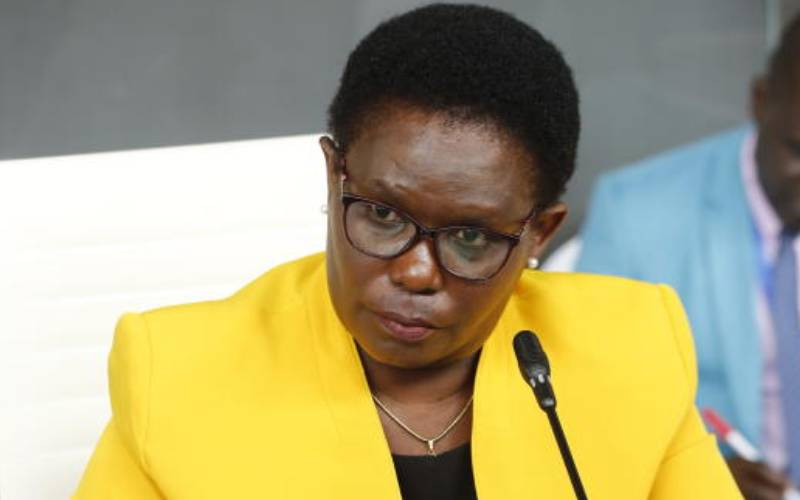×
The Standard e-Paper
Home To Bold Columnists

Meru Governor Kawira Mwangaza's victory in the August 2022 elections was epic because she competed against titans and emerged victorious.
Her win against former Governor Kiraitu Murungi and former Senator Mithika Linturi was even more scintillating due to gender dynamics in patriarchal society.